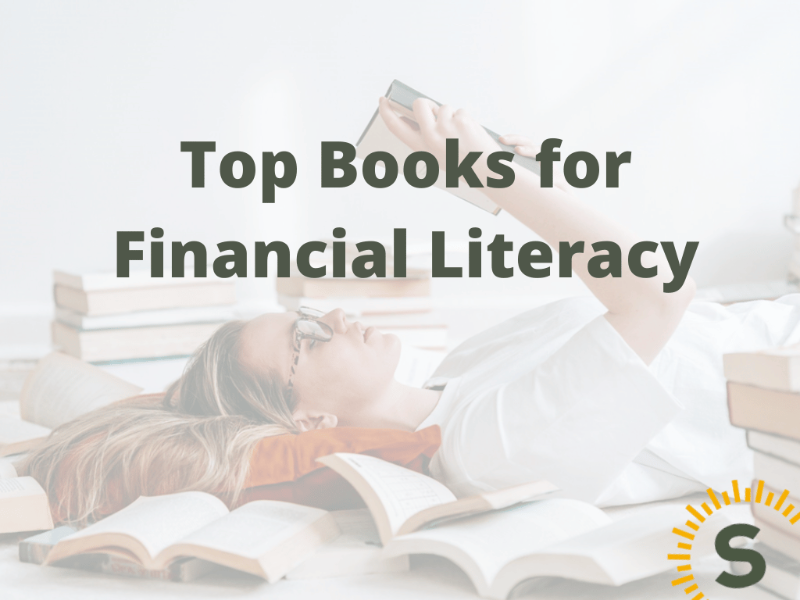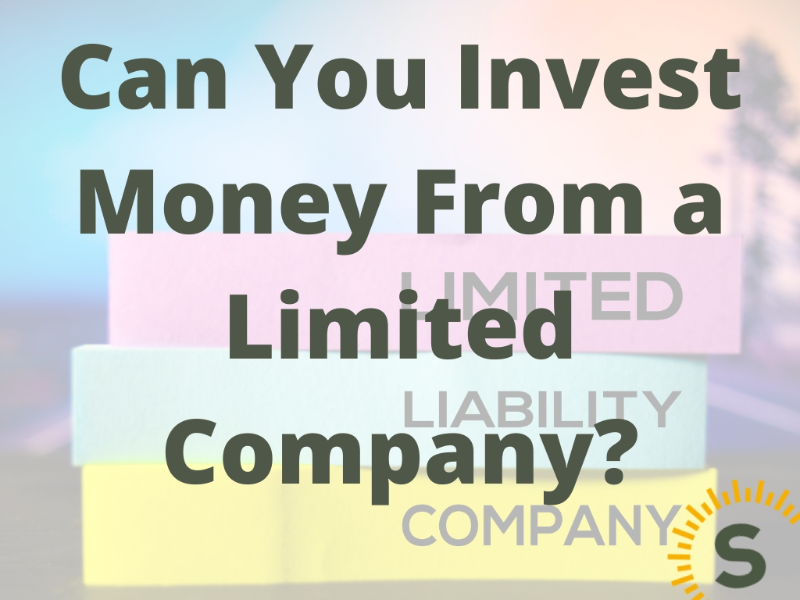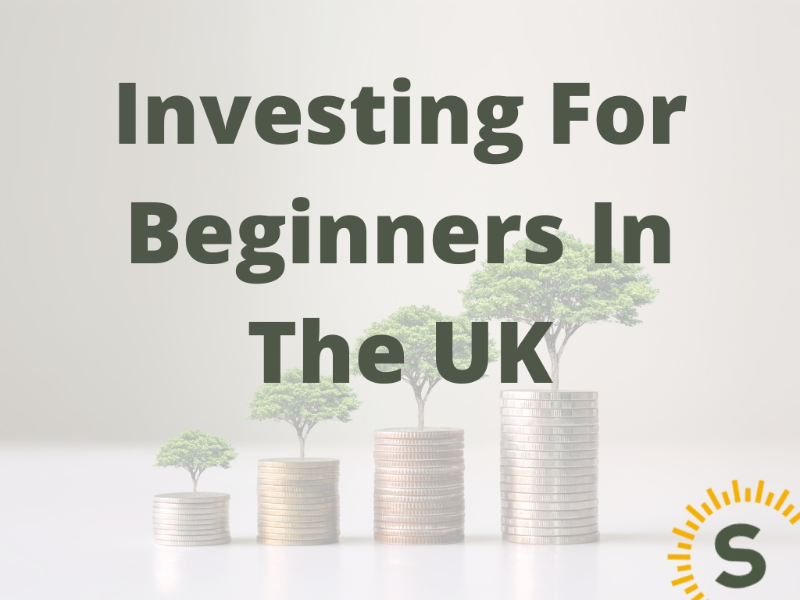
This timeless personal finance literature has been published for almost 100 years – and with good reason. It takes you to ancient Babylon and tells captivating tales of ordinary people and their financial choices, weaving together timeless wisdom on building wealth and practising financial discipline.
At the heart of the narrative lies Arkad, the titular "richest man." He shares the simple financial principles he follows to accumulate his wealth. The book imparts crucial lessons like living below your means, making wise investments, and seeking knowledgeable advice.
Robert T. Kiyosaki's renowned book, Rich Dad Poor Dad, has been causing a stir ever since it was published in 1997. Kiyosaki recounts how his upbringing, surrounded by two dads – one of them his biological father, and the other his best friend's dad – profoundly influenced his perception of money.
With conflicting perspectives, one dad emphasised the importance of securing a good job and working hard to earn money, while the other advocated for financial literacy and the concept of making money work for you.
Even if you're a beginner in the financial world, many excellent books can teach you all you need to know. Among them, Erin Lowry's book, "Broke Millennial: Stop Scraping By and Get Your Financial Life Together," truly stands out.
It is impossible to list all the financial books to read. If you want to go further, use the storybook reading app.
I usually use the FictionMe platform, it has convenient smartphone apps and a large selection. This is a good novel app that you always have at hand.
Although the U.S. Government has made progress in enhancing retirement options for millions of Americans, many individuals still find themselves financially unprepared to take the next step.
One significant factor contributing to this is the realisation that, while trying to overcome debt, they have failed to sufficiently plan for the future.
Your Money or Your Life is a renowned book that has assisted countless readers in establishing a healthier money mindset. Offering a comprehensive 9-step program, it guides individuals toward financial independence.
Robin and Dominguez prioritise the alignment of spending with personal values. They adeptly lead readers through debt elimination, savings cultivation, mindful money management, and decluttering for an improved lifestyle.
In The Little Book of Common Sense Investing, John C. Bogle, the founder of Vanguard Group, shares a straightforward message. The best results often come from the simplest investment approach.
According to Bogle, low-cost index funds are more profitable and less risky than attempting to beat the market or hiring a fund manager. Bogle substantiates his argument by illustrating the compounding effects of active trading costs over time.
Daniel J. Mendelson, the author of Student Loans, shares his personal journey of overcoming a substantial amount of student loan debt accrued through years of graduate school and high interest rates. By implementing a straightforward repayment strategy, Mendelson and his wife successfully eliminated their debt in just five years.
In Bye Student Loan Debt, Mendelson guides readers through his effective debt repayment system, offering encouragement to those who may feel trapped by their student loans and unsure if they will ever be able to pay them off.
Hustle Away Debt takes a unique approach compared to most financial books, focusing on the significance of boosting income rather than solely saving. Written by David Carlson, author and founder of the widely followed financial blog Young Adult Money, this book reveals his personal strategies for debt elimination through side hustles that increase earnings.
If you aspire to enhance your income and acquire new skills, don't miss out on this insightful read.
By enhancing your understanding of personal finance, you can alleviate financial stress, boost job satisfaction and performance, and regain control over your finances. This greater financial literacy will enable you to concentrate on your work and increase productivity.
Take a look at the suggested financial literacy books to advance your knowledge. Your wallet will show its appreciation!

Stuart is an expert in Property, Money, Banking & Finance, having worked in retail and investment banking for 10+ years before founding Sunny Avenue. Stuart has spent his career studying finance. He holds qualifications in financial studies, mortgage advice & practice, banking operations, dealing & financial markets, derivatives, securities & investments.
 No minimum
No minimum  Newcastle-under-Lyme, Staffordshire
Newcastle-under-Lyme, Staffordshire Free Consultations
Free Consultations
 No minimum
No minimum  Free Consultations
Free Consultations
 No minimum
No minimum  No obligation consultation
No obligation consultation
 £51,000+
£51,000+  No obligation consultation
No obligation consultation
 No minimum
No minimum  No obligation consultation
No obligation consultation
 No minimum
No minimum  No obligation consultation
No obligation consultation
 £51,000+
£51,000+  Free Consultations
Free Consultations
 No minimum
No minimum  No obligation consultation
No obligation consultation
 £51,000+
£51,000+  Free Consultations
Free Consultations
 No minimum
No minimum  Leicester, Leicestershire
Leicester, Leicestershire Initial fee free consultation
Initial fee free consultation
 £101,000+
£101,000+  Stockton-on-Tees, County Durham
Stockton-on-Tees, County Durham Initial fee free consultation
Initial fee free consultation
 No minimum
No minimum  No obligation consultation
No obligation consultation
 No minimum
No minimum  Coatbridge, Lanarkshire
Coatbridge, Lanarkshire Initial or Ongoing Consultation Fees
Initial or Ongoing Consultation Fees
 No minimum
No minimum  Initial or Ongoing Consultation Fees
Initial or Ongoing Consultation Fees
 No minimum
No minimum  No obligation consultation
No obligation consultation
 No minimum
No minimum  No obligation consultation
No obligation consultation





Our website offers information about financial products such as investing, savings, equity release, mortgages, and insurance. None of the information on Sunny Avenue constitutes personal advice. Sunny Avenue does not offer any of these services directly and we only act as a directory service to connect you to the experts. If you require further information to proceed you will need to request advice, for example from the financial advisers listed. If you decide to invest, read the important investment notes provided first, decide how to proceed on your own basis, and remember that investments can go up and down in value, so you could get back less than you put in.
Think carefully before securing debts against your home. A mortgage is a loan secured on your home, which you could lose if you do not keep up your mortgage payments. Check that any mortgage will meet your needs if you want to move or sell your home or you want your family to inherit it. If you are in any doubt, seek independent advice.